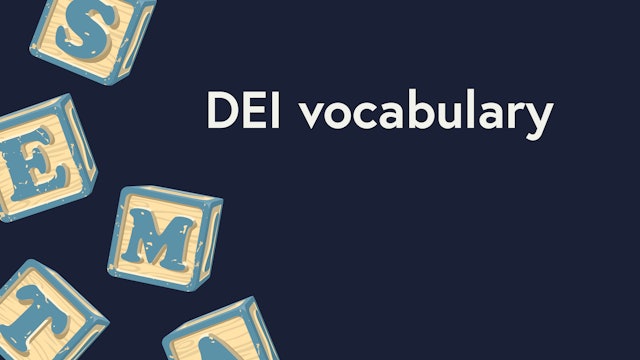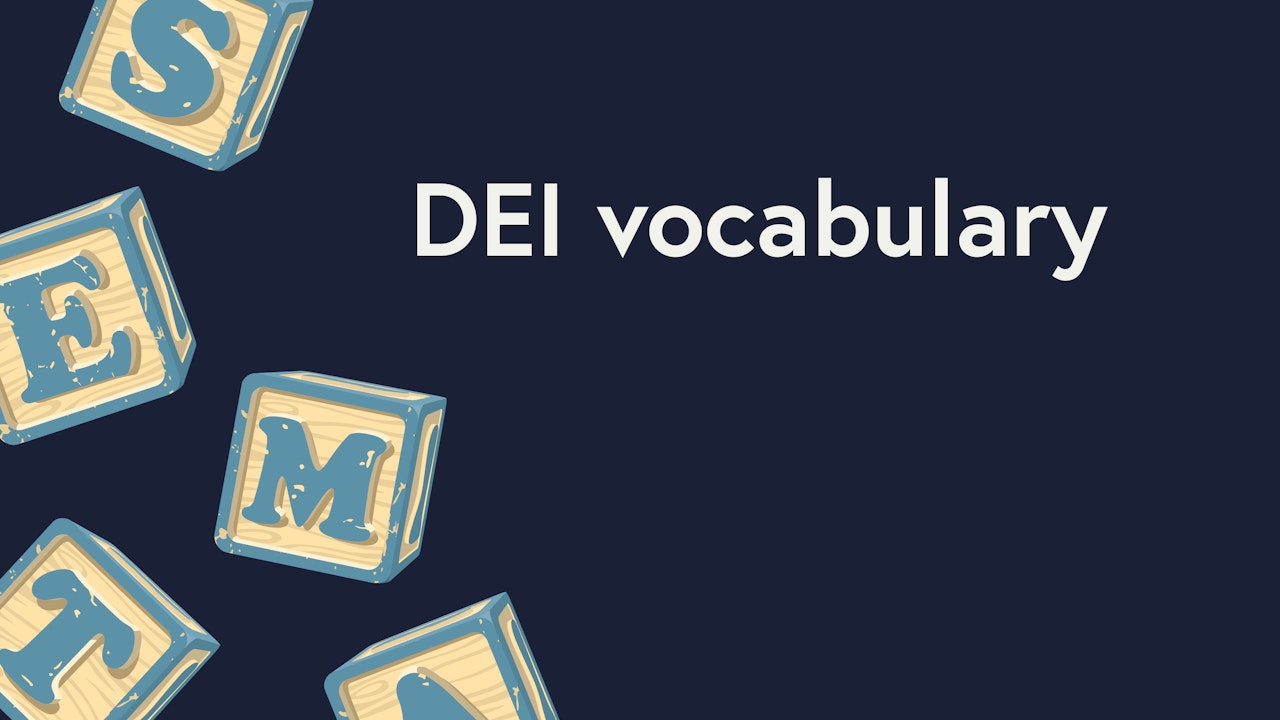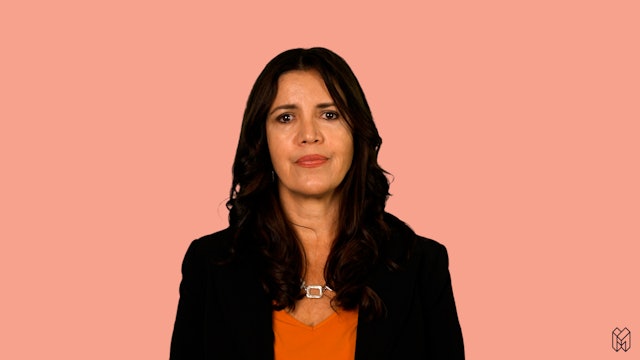-
Latinx, Latina, Latino, and Latine
The terms Latino, Latina, Latinx, and Latine are all acceptable terms to describe people whose heritage stems from the countries of Latin America, including Central America, South America, and the Caribbean. The term Latine is considered to be the most modern and inclusive of the three.
-
What is Developmental Disability?
A developmental disability involves one or more chronic impairments to physical ability, learning, language, and behavior. Understand the meaning of developmental disability.
-
Difference Between Atheist and Agnostic
Gain clarity on the difference between the terms atheist and agnostic. Discover that atheist and agnostic employees are protected by the same anti-discrimination laws that protect religious beliefs and practices. Confirm the importance of workplace inclusion of all religions, spiritualities, and ...
-
Cognitive Biases: Confirming Our Beliefs
Through cognitive biases like the ostrich effect, subjective validation, the continued influence effect, and the Semmelweis reflex, we sometimes accept only the information that confirms our beliefs.
-
Examples of Intellectual Disabilities
An intellectual disability limits intellectual functioning, as well as everyday social and practical skills. Learn about some of the most common types of intellectual disabilities.
-
Are Gay and Homosexual the Same Thing?
In general, gay and homosexual are similar terms, but both words have evolved over time and can be misused and misunderstood for different reasons. Learn the connotations of each term so you can more respectfully address your LGTBQ+ colleagues.
-
Is Autism a Disability?
The Americans with Disabilities Act (ADA) classifies Autism Spectrum Disorder (ASD) as a disability and protects people with ASD from employment discrimination. In contrast, some people don’t consider ASD to be a disability, but rather a difference, or even an advantage.
-
What is the Triple Bottom Line?
The triple bottom line of people, planet, and profit is crucial to business success in the next economy. Learn why.
-
Islam, Muslim, or Islamic? Religious Terminology 101
When working with Muslim colleagues and customers, it’s important to understand the difference between the words Islam, Muslim, and Islamic. Here’s a brief overview of what they mean and why that difference is important.
-
What is Inclusive Leadership?
Listen to a handful of examples of what inclusive leadership is not, followed by concrete examples of what inclusive leadership is. Understand why successful DEI must start with a company's leader.
-
Inclusive Language for Race/Ethnicity
Explore 3 components of cultural identity -- race, ethnicity, and nationality -- and their differences. Learn about intersectionality and why you should never make assumptions about someone’s cultural identity. Get helpful advice for asking others respectfully, if and when the topic is relevant.
-
What is Indigenous Land Acknowledgement?
Discover the definition of indigenous land acknowledgement and why it’s an important first step to honoring Indigenous and Aboriginal people. Learn how to prepare your statement with further steps to demonstrate solidarity and support for Indigenous and Aboriginal communities.
-
What is Yom Kippur?
Gain a useful understanding of Yom Kippur, the Day of Atonement, one of the Jewish High Holy days. Learn how, when, and why Jews observe Yom Kippur. Gain insight into how to be respectful of your Jewish co-workers who observe this solemn and sacred holiday.
-
What is Disability?
Understand the different dimensions of the term “disability,” as well as some important things to remember when discussing disabilities.
-
What Is Buddhism?
Learn more about Buddhism, the world’s fourth largest major religion. Explore some of the central beliefs and practices of this tolerant and evolving religion that began in India more than 2,500 years ago and has 470 million followers.
-
What is Autism Spectrum Disorder?
Autism Spectrum Disorder (ASD) is a developmental condition that causes social, communication, or behavioral differences. Gain clarity on what ASD is.
-
What is a Hijab?
A hijab is a religious veil worn by many Muslim women as an expression of faith that usually covers the head and chest. The Quran, or holy book of Islam, instructs Muslim people to dress modestly. Hijab styles vary across the globe.
-
What is Antisemitism?
Jewish people have faced antisemitism everywhere they’ve settled since ancient times, including the U.S. In the workplace, casual antisemitism is more common. Here’s more on the roots of antisemitism and how you can prevent it in your workplace.
-
What Is Sikhism?
Get a basic understanding of Sikhism, the world’s fifth-largest religion. Learn where and when Sikhism originated. Explore the central elements of Sikh philosophy. Consider why learning about the world’s religions helps build cultural competency and stronger organizations.
-
How Employees with IDD Contribute to the Workforce
Expand your thinking about the benefits of adding employees with intellectual and developmental disabilities (IDD) to your team. Consider that people with IDD can fill existing positions and perform well in many areas of business operations.
-
What is the Seventh-Day Adventist Church?
Get a helpful overview of the Seventh-day Adventist Church, its key values, and what differentiates it from other Christian denominations. Learn why scheduling flexibility and vegetarian menu options are helpful to Seventh-day Adventist employees.
-
What Is Rosh Hashanah?
Explore the basics of Rosh Hashanah, the Jewish New Year holiday. Learn why it’s important to give Jewish employees scheduling flexibility to celebrate Rosh Hashanah for either one or two days (depending on how traditionally observant they are) and appropriate greetings for the holiday.
-
What is Social Class Diversity?
Explore what’s meant by the related terms “social class diversity,” “socioeconomic status,” and “experiential diversity.” Learn how people from different family backgrounds (based on terms of education, employment, and income) benefit organizations by holding varied and valuable perspectives.
-
What is DEI? Donald's Take
Learn what diversity, equity, and inclusion mean and why each principle is crucial to business success. Hear examples of each principle in the workplace.


























